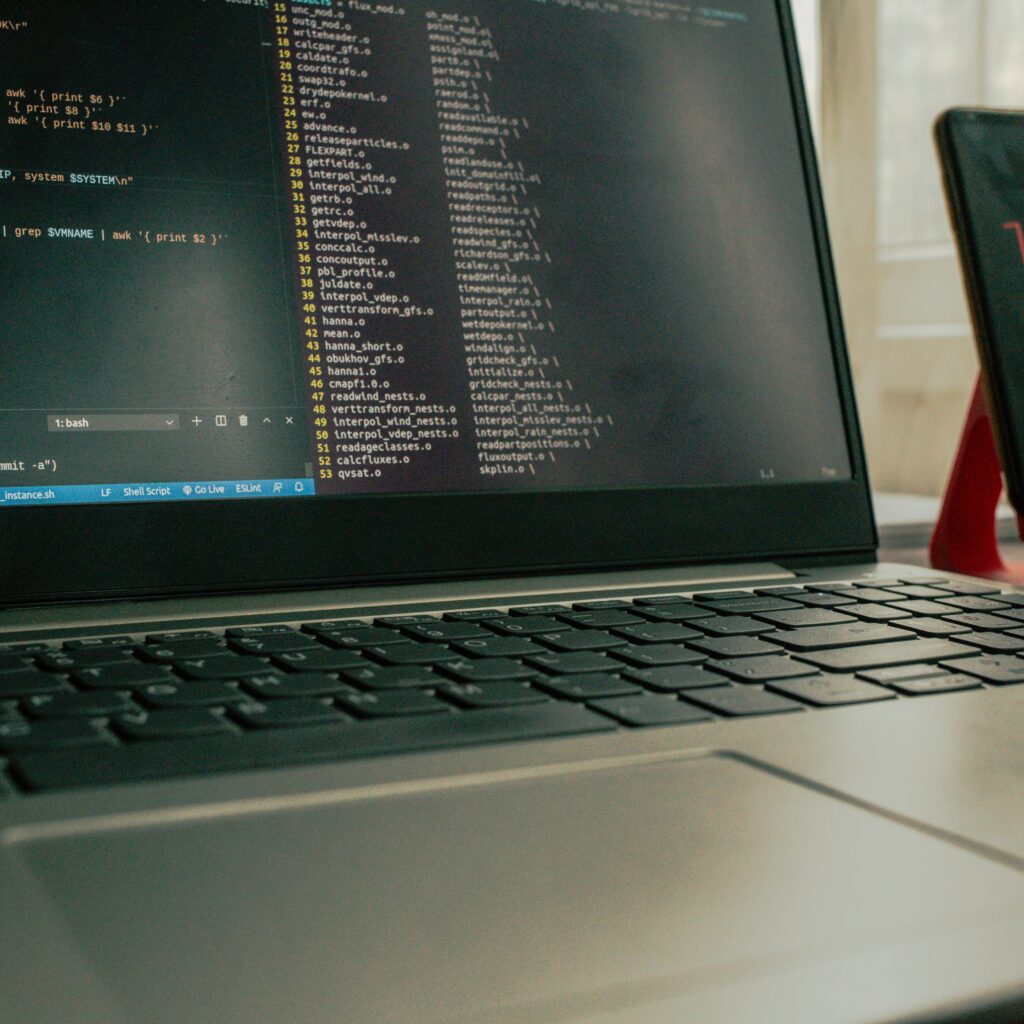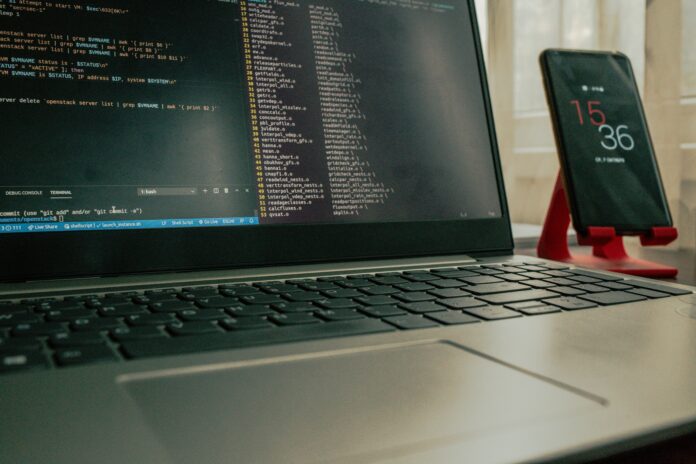
Dear deepin users and those who have yet to experience deepin on Linux,
After nearly three years of effort, with nine version iterations and 51 internal tests, deepin 23 has finally been officially released today, on August 15, 2024! Initially planned for a 2023 release, deepin 23 was delayed until now because we set four ambitious goals for this version when we began planning in 2022:
- Independent Repository: After years of hard work, the deepin team has gained the ability to maintain the core packages and components of the operating system independently and collaborate with community developers to maintain a large-scale open-source repository. With deepin 23 and beyond, we will autonomously select upstream software versions and package build rules based on our needs, understanding, and judgment to enhance system stability, security, and innovative features.
- Flow Design: With modern design concepts, we have refined the deepin desktop environment, creating a visually appealing, smooth, and detail-rich interface with a user-friendly interaction experience.
- Atomic Updates: Utilizing ostree technology, we implemented a fundamental immutable system and an A/B partition mechanism, enhancing the system’s foundational stability, security, and rollback capabilities, laying a solid foundation for deepin’s future development.
- Non-Dependent Packages: The Linyaps package format in deepin 23 uses Linux sandbox isolation technology to create a non-dependent package format, distinct from traditional deb and rpm formats. This avoids coupling and intrusion of application packages with the operating system, making the system more secure and stable while allowing the deepin application ecosystem to be easily used on other Linux distributions.
Additionally, the deepin team planned several smaller goals aimed at improving user experience and compatibility, such as independently developing the Treeland window manager based on the Wayland protocol, thus completing the last piece of the DDE desktop environment; optimizing printer and scanner driver support to become the most comprehensive Linux distribution for peripheral support; and achieving better compatibility with Windows applications based on Wine technology. Each of these smaller goals involves significant work behind the scenes.
As a result, despite multiple interim releases and delays, the final version still leaves some regrets. Each of the above goals required extensive work, and we did not achieve 100% completion. This includes:
- Although atomic update capability has been verified, due to insufficient test coverage, we only implemented basic atomic updates in deepin 23 and did not release the fully immutable system.
- The Treeland window manager, while nearly complete, has not reached our expected stability goals, so deepin 23 still uses our own maintained branch of KWin.
- There are also some unlisted system improvements that were not fully realized.
Some community members have asked why we are so committed to these goals for deepin 23. We do not believe that merely adding or removing a few upstream applications, changing the language or wallpaper, or adjusting the application layout constitutes a significant OS update. We want every major update to include substantial, user-needed, innovative content that pushes the boundaries of what a Linux desktop distribution can do, making it as powerful as commercial operating systems like Windows and macOS.
Despite these regrets, I still believe that deepin 23 is one of the best desktop distributions in the Linux world today, even with some unique advantages in certain aspects.
- The new version of the Deepin Desktop Environment (DDE) has undergone extensive refinement, particularly in window and application animations, resulting in smoother and more responsive user interactions.
- Introduction of AI capabilities in a Linux distribution for the first time. This was not part of our initial plan but was added last year as an extra goal. deepin comes with the first version of the UOS AI assistant, introducing AI capabilities in applications such as image processing and email clients. In addition, we collaborated with Intel to achieve optimization for edge-side model inference on Intel platforms. Although this is just the first step in our exploration of AI+OS integration and our desired results are not fully realized, deepin is already one of the few Linux distributions capable of rivaling Windows in AI capabilities.
- Comprehensive multi-architecture support. deepin 23 supports more hardware types than most other distributions, including x86, ARM, RISC-V, and LoongArch64 architectures. There’s even a community project (https://github.com/deepin-community/deepin-m1) that supports Apple M1 chip devices. We have also completed the adaptation and migration of over 2,000 Linyaps packages, and by the end of 2024, the Linyaps software ecosystem is expected to reach 3,000 applications. By early next year, the number of Linyaps packages will exceed the application volume currently found in flatpak and snap stores!
- The most comprehensive and user-friendly peripheral support. deepin’s self-developed printer management application not only offers refined interaction and usability but also supports various open-source printer drivers, and, through direct collaboration with manufacturers and Wine-based ink driver technology, supports thousands of Windows printer drivers and tens of thousands of devices previously unsupported by Linux! This work has taken us three years. Although not everyone may notice, it is indeed a significant breakthrough, and with the validation of millions of users, we can now support over 90% of printer models.
During the development of deepin 23, we also mended our relationship with the global deepin community (we faced some issues in this area for two years, which drew complaints from many community users), including our Spanish, Slovak, Turkish, Brazilian, and Russian communities. Additionally, new active communities and users have emerged in countries like Ecuador and Saudi Arabia. We are immensely grateful to these users for their long-term support of deepin, with many having used deepin for over ten years!
Following the release of deepin 23, we are actively preparing for the next version, which will fulfill 100% of the 23 goals, with plans to address the remaining shortcomings within a year.
Whether you’re currently using Ubuntu, Arch, Fedora, or another distribution, deepin, like them, is a project in the open-source world that seeks to understand and meet user needs from different perspectives and contribute to the ideals of Linux and open-source. We hope that with our capabilities and understanding of desktop operating systems, we can provide Linux users and developers with more choices. Please enjoy the latest version of the deepin operating system, and look forward to the next, even more, user-friendly, stable, and intelligent Linux desktop OS. We believe deepin can gain more recognition and love from users, becoming the best choice in the open-source world.
deepin Community Founder: Liu Wenhuan (deepin)





